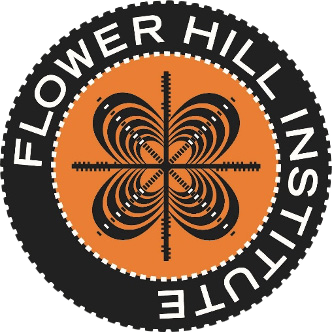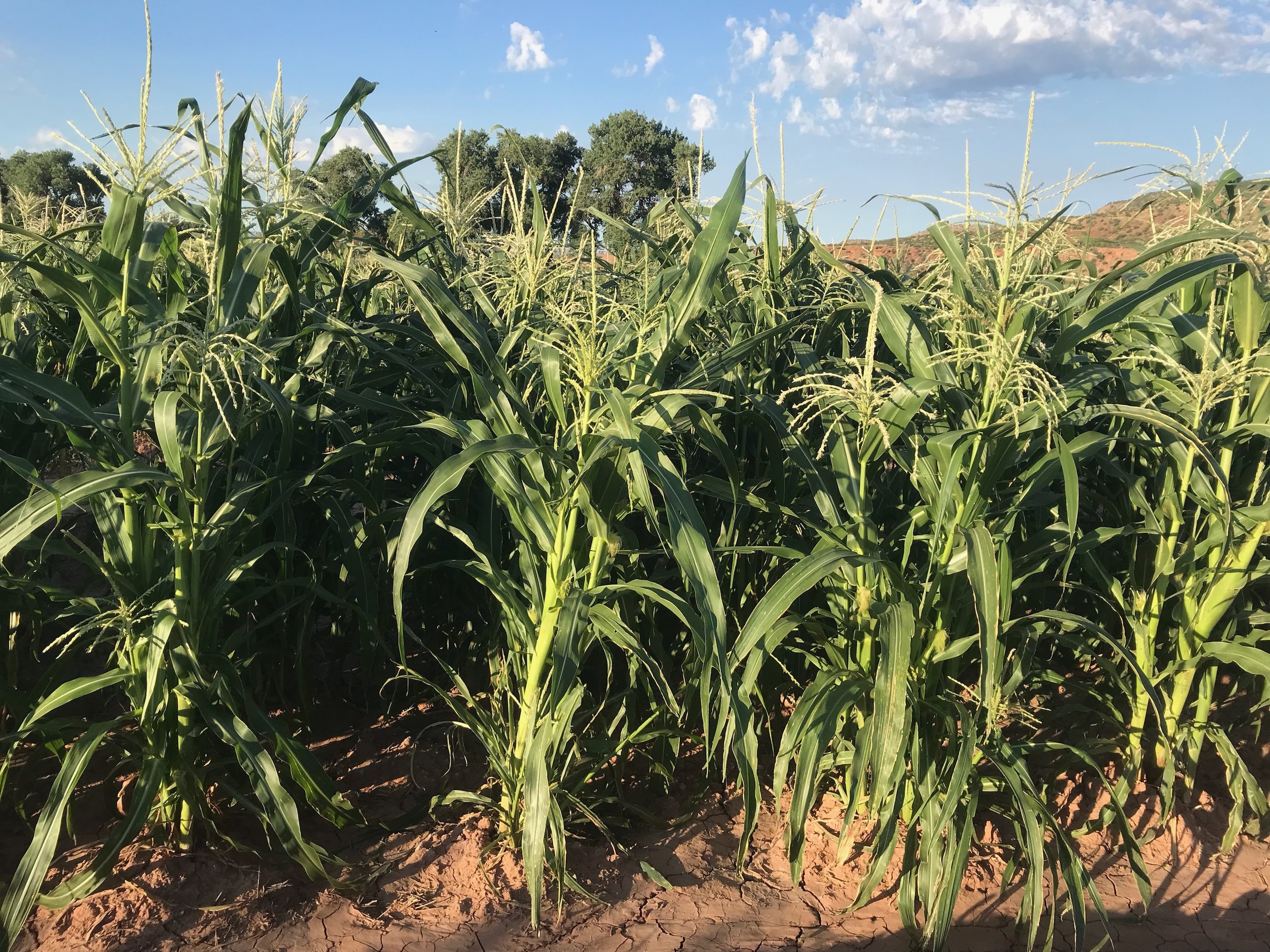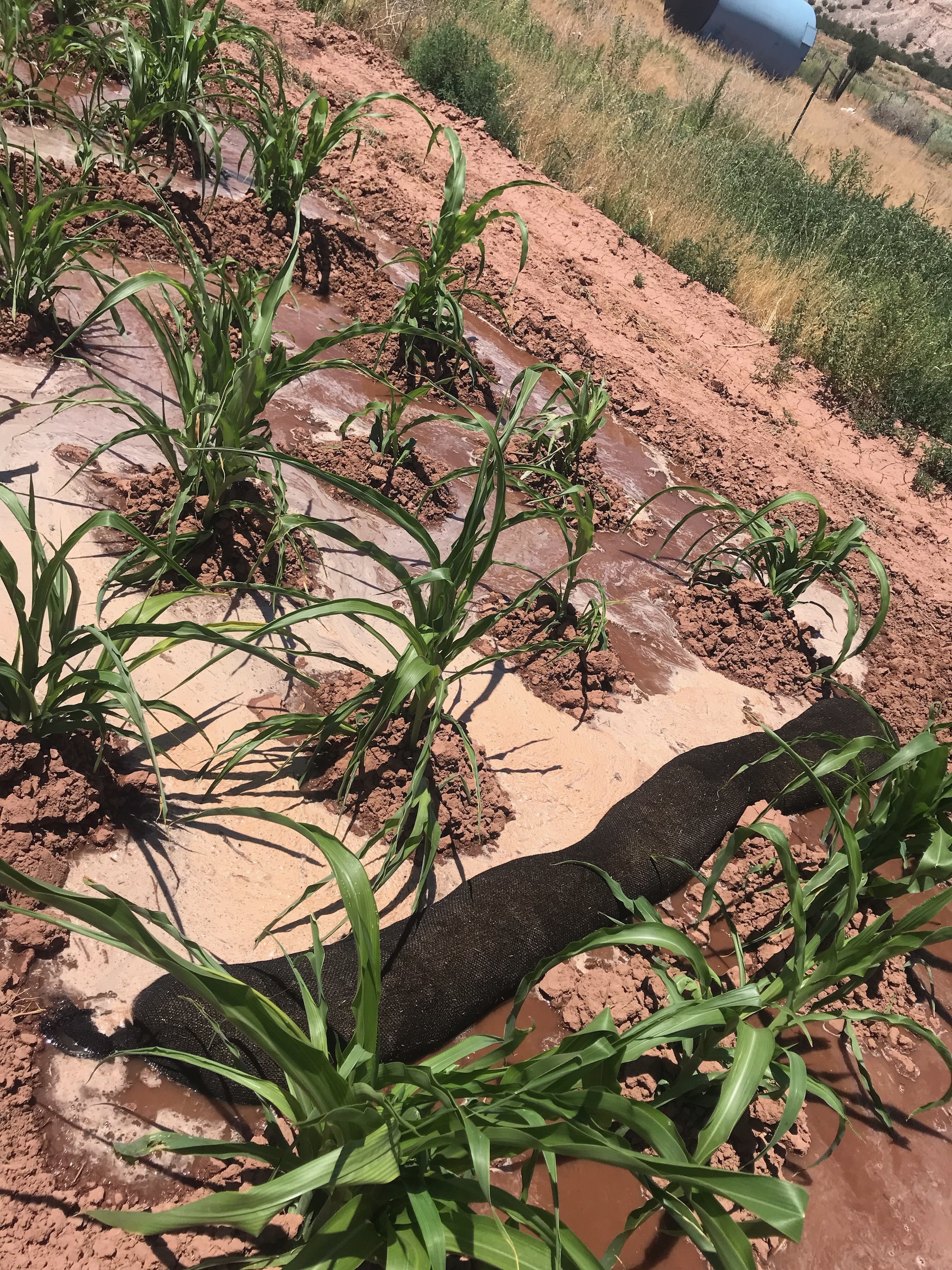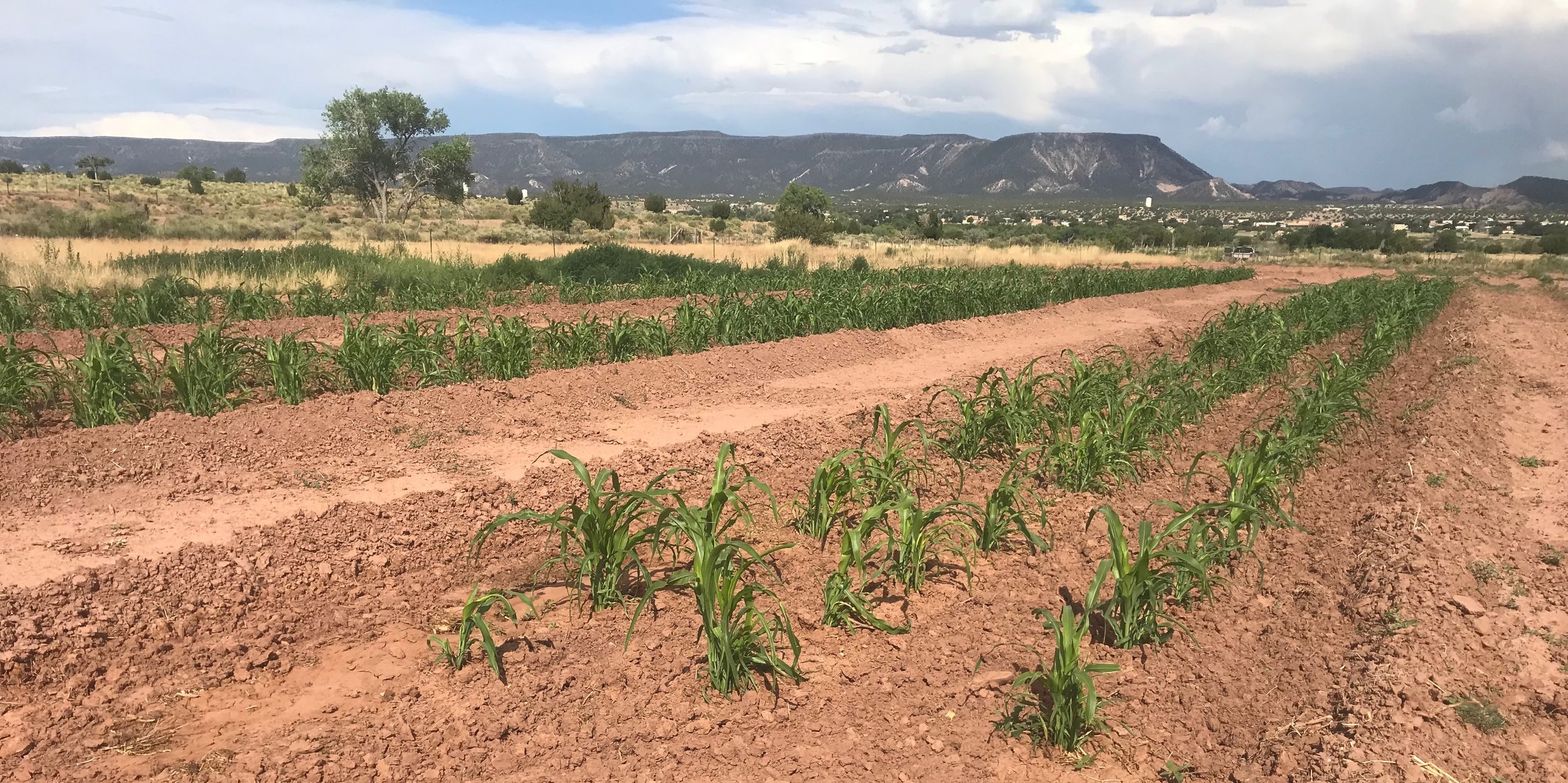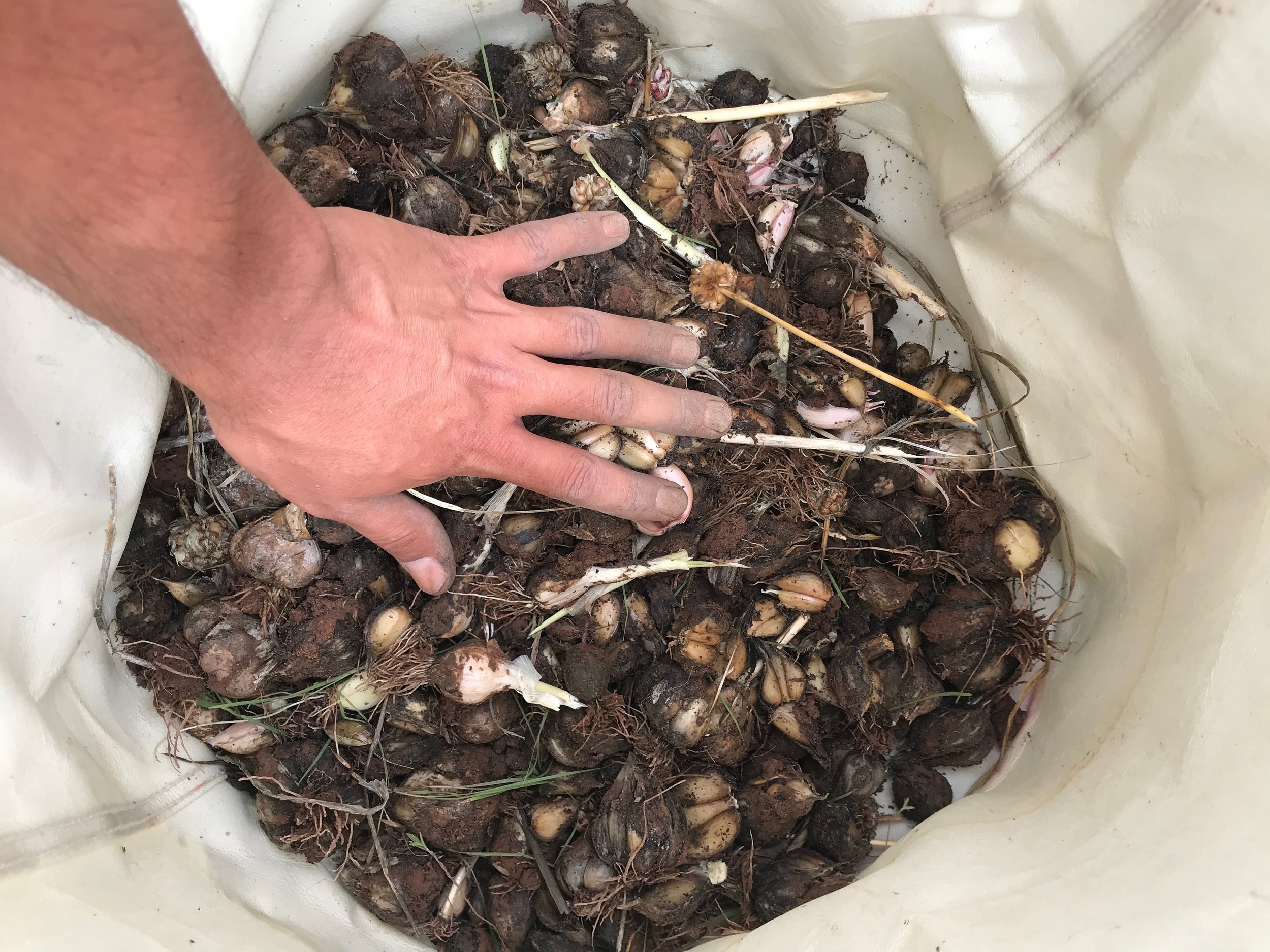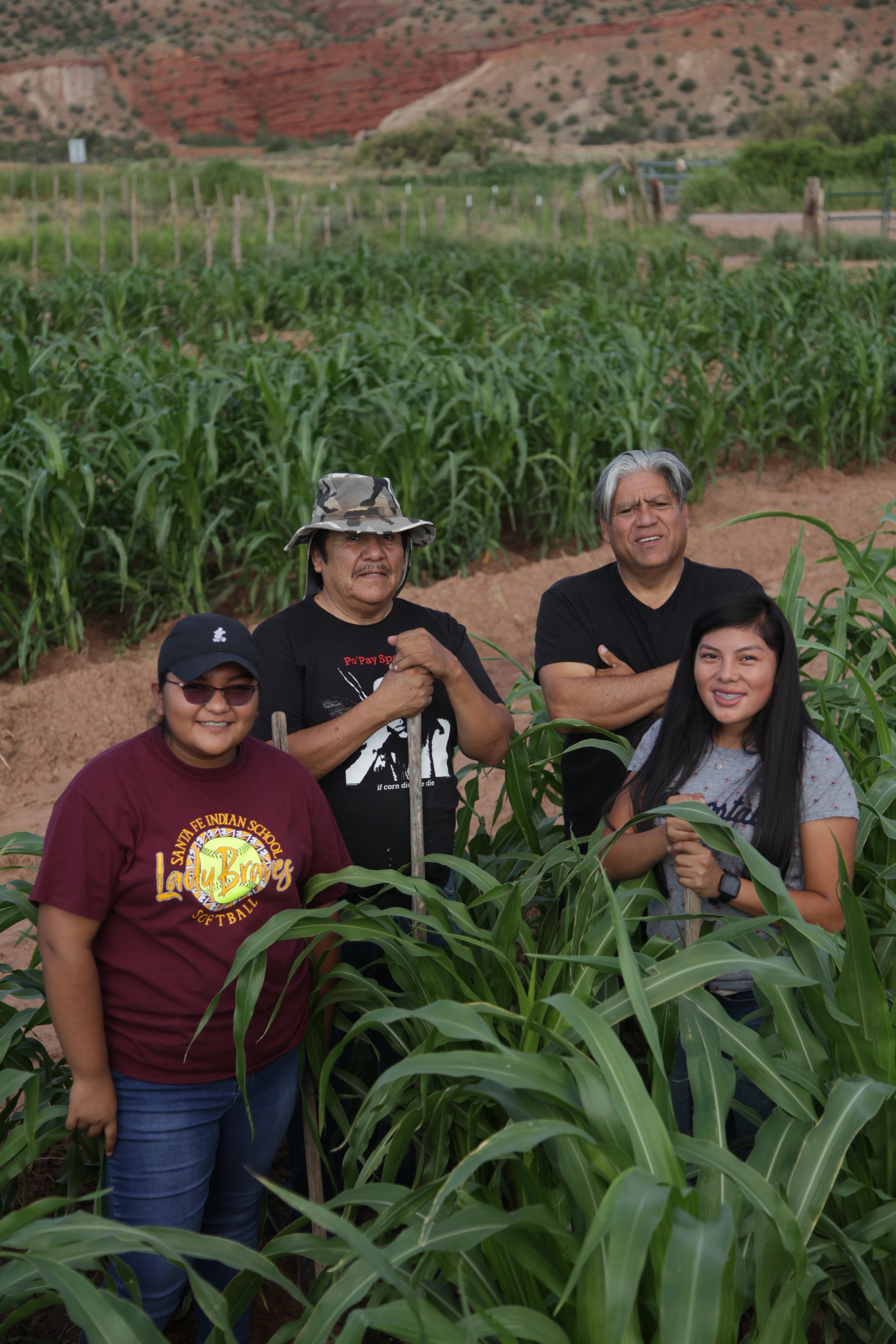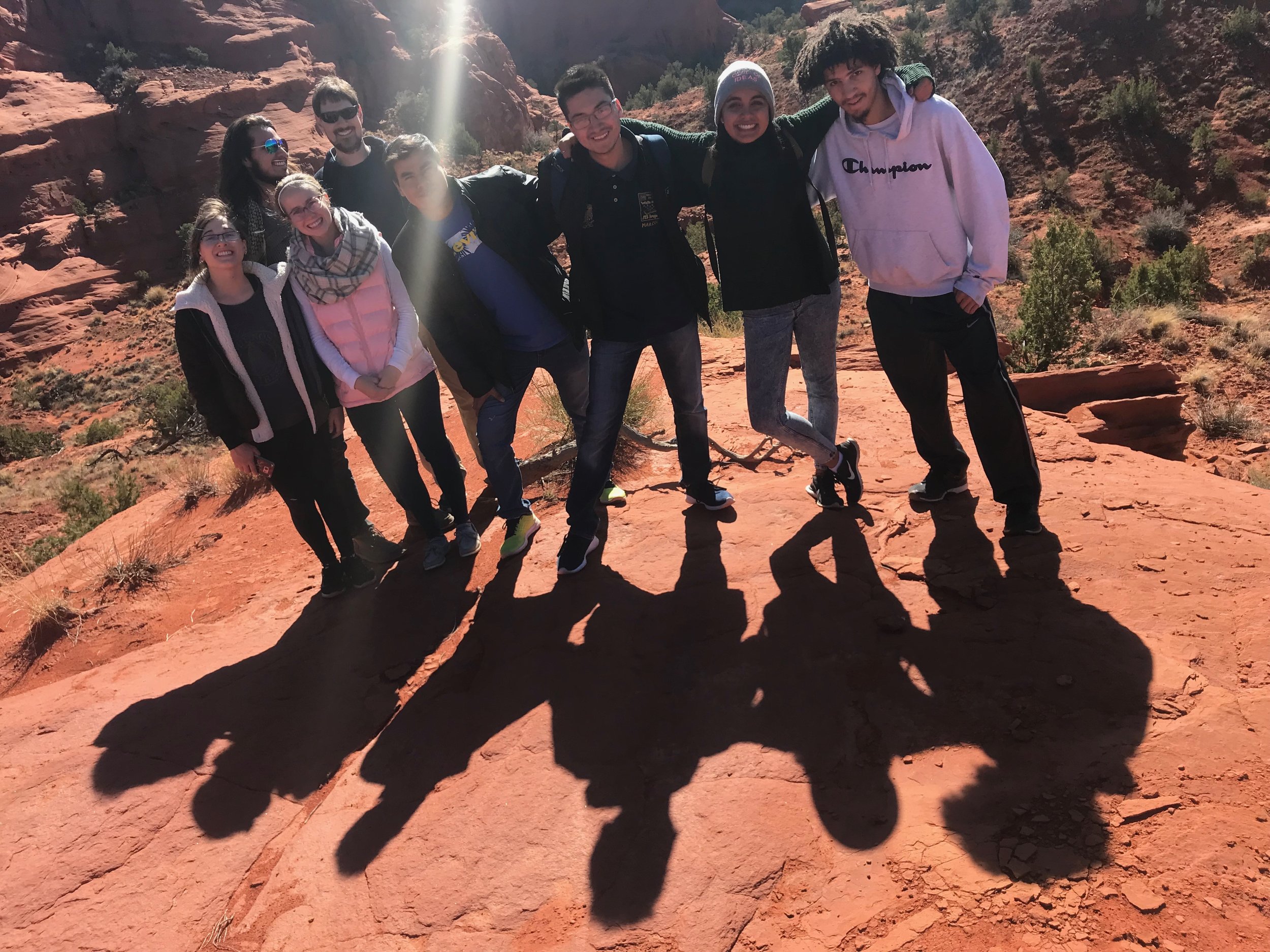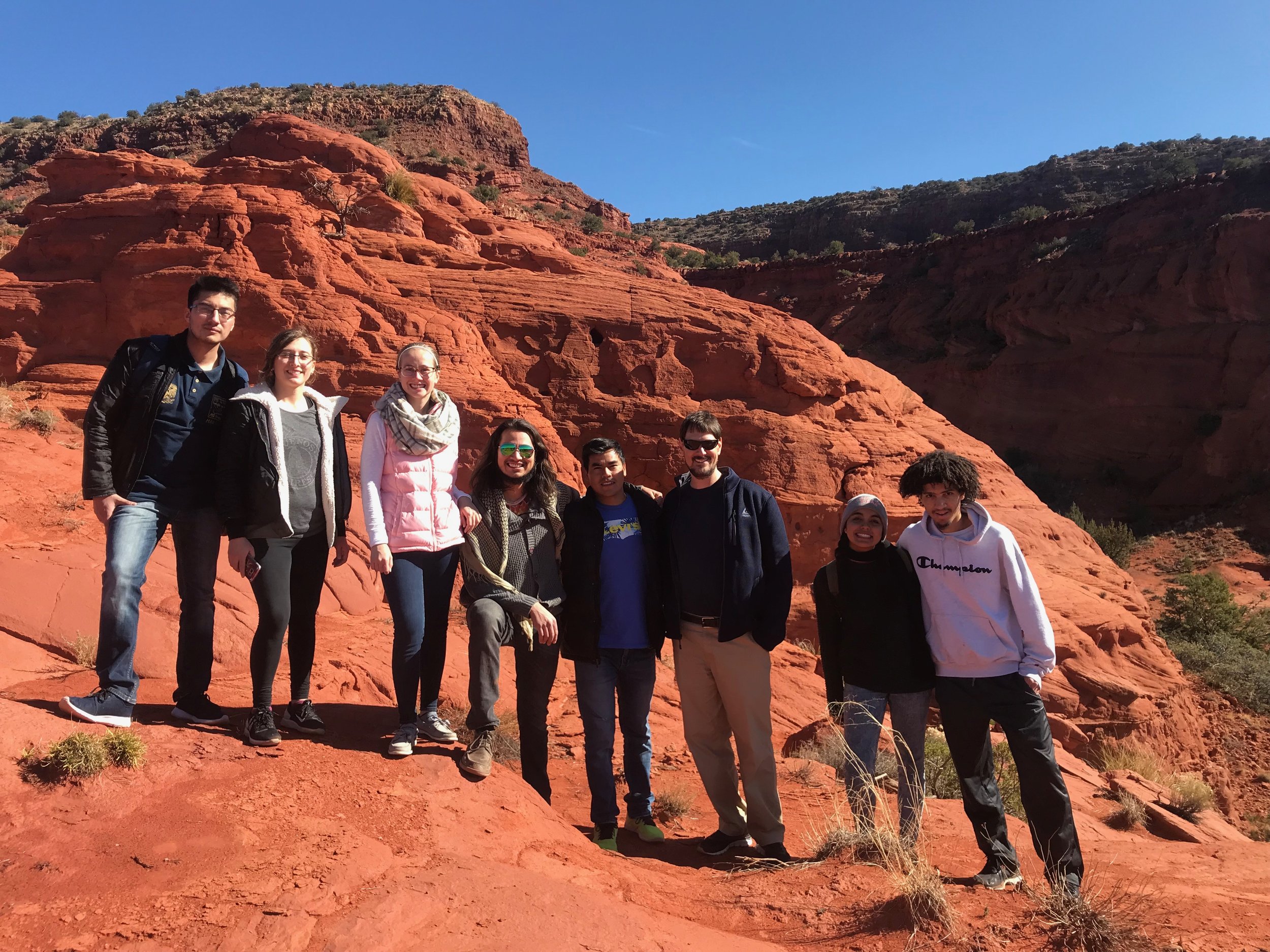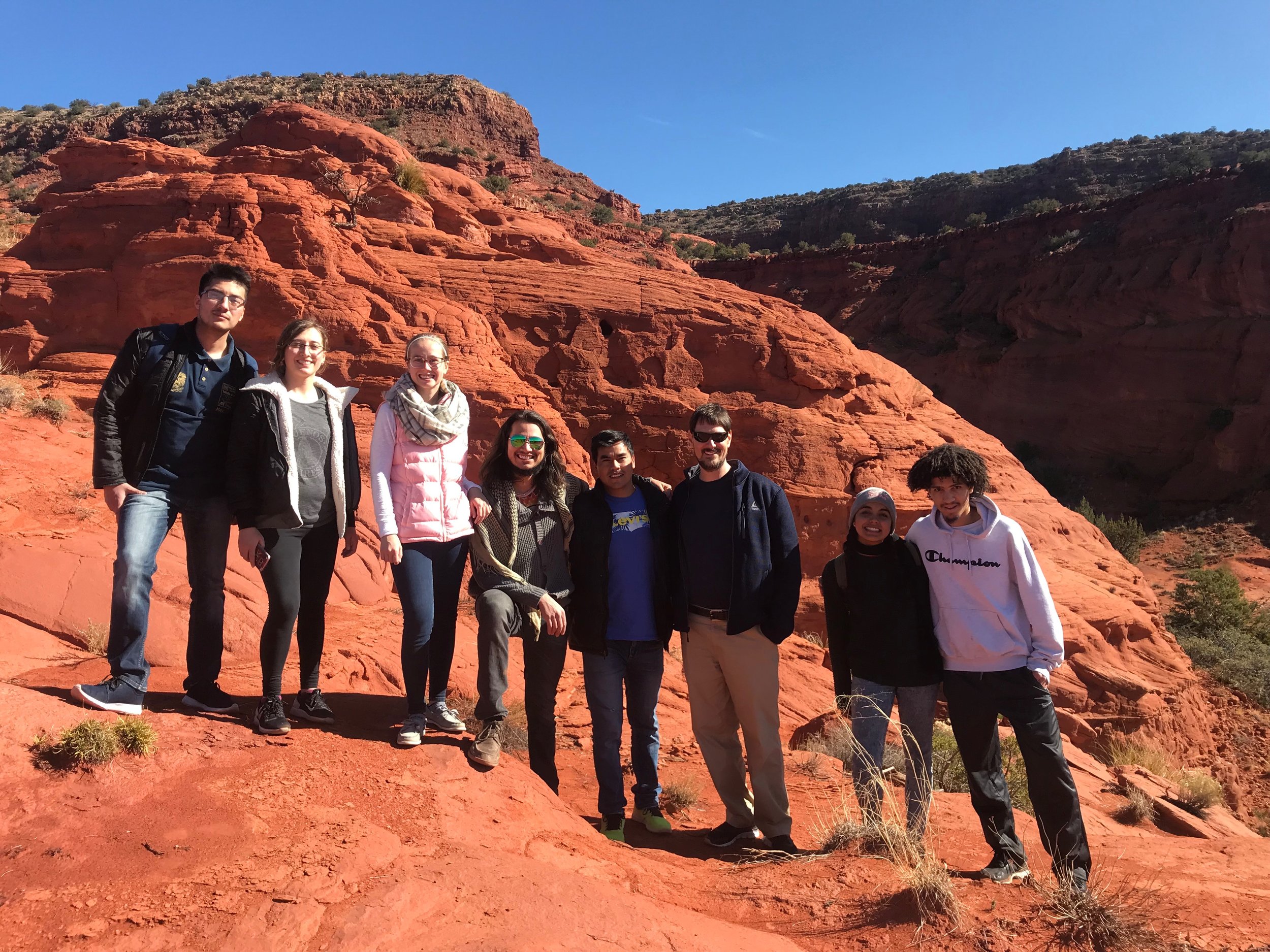FOOD & AGRICULTURE
Agriculture is an essential part of life and culture for many of the communities that Flower Hill serves through our programs. Agriculture is also a means to ensure strength and stability for tribal communities over the long term, whether by providing access to healthy, local foods, keeping traditional agricultural practices alive and vibrant, or building resilience in the face of uncertain times and a changing climate.
Flower Hill has supported agriculture by educating the next generation of tribal farmers on traditional techniques, experimenting with new ways of improving soil health and growing traditional crops, as well as providing seeds and tools for new farmers and helping tribal governments take advantage of opportunities in the agriculture sector.
Resiliency Gardens
To Tribal communities, food has always been a sacred community “pillar.” However, in the current state of the world, there is an unprecedented resurgence in the need and desire to grow our own food. At this time of uncertainty, people around the world are going back to their former traditions and wanting to use the earth to provide for their families. Flower Hill Institute (FHI) is providing the tools to do just that. Together with our partners, Green Cover Seed and Mesa Verde Resources, we are offering a two-part package that will assist even the most elementary of farmers to produce an acre of food for their families and communities.
Through our program, you will be able to order a pound of specially designed Milpa seed mix. The Milpa seed mix provides a way to get fresh produce with minimal amounts of labor. The Milpa technique originated in Central America where the Mayans used a mixture of corn, squash, and beans to improve the soil and grow food. The Green Cover Seed blend will be custom combinations of over 40 heirloom varieties of vegetables, gourds, and other food-producing plants. When planted in yards or incorporated into sections of existing farms, the Milpa mix provides a reasonably drought tolerant, low maintenance source of food, animal forage, and soil improvement throughout the growing season.
Additionally, we will be offering a pound of high quality organic humate. This humate is a soil amendment harvested in New Mexico, which helps improve soil quality and water conservation. Together, this package will benefit individuals by providing a low-maintenance, cost-free option to grow a diverse range of produce with the goal of improving their diet and food security in the face of on-going uncertainty. Those using farmland or backyards for this purpose would benefit from improved soil quality, both from the nitrogen- fixing species and green manure included in the Milpa mix, as well as through the use of humate. This will be particularly beneficial those new to gardening, as the ease of production and supplied materials will provide a perfect introduction for those unaccustomed to agriculture, and successes will help encourage these new farmers to begin practicing traditional agriculture. Overall, we will build resilience in participating communities by improving food sovereignty, expanding upon existing agricultural practices, and improving water conservation and soil health.
Flower Hill Institute Experimental Farm
and Agricultural Training
Flower Hill Institute has recently received two USDA grants. Utilizing Flower Hill Institute’s five acre experimental field, we are teaching farmers and potential farmers across New Mexico about farming techniques and ways to improve their soil health and crop production. Throughout the next year, we will conduct six workshops to educate farmers and ranchers on the importance of soil health. Over time, this will mean more healthy foods in the community and a way to continue traditional farming techniques that will last for generations to come. Additionally, we will be working with Native Ranchers to create a rancher’s cooperative food hub to share marketing and combine product to meet the demands for Native-grown meat. Currently, branded beef from Native ranchers can command a premium, and the Navajo Nation is one of the largest concentrated markets for lamb and mutton in the world. However, Native ranchers resort to selling animals below market price to feed lots at auction, and Navajo consumers and commercial venues, who prefer their own breeds, must purchase expensive lamb from New Zealand and Australia; both activities result from the lack of local meat processing in New Mexico.
Also, to see featured articles about Flower Hill Institute in the August, 2019 issue of the GreenFire Times, click here.
Pueblo Agricultural Vibrancy Endeavor (PAVE)
The Pueblo Agricultural Vibrancy Endeavor is a community-led effort to preserve and enhance Pueblo farming practices and food systems. PAVE includes agricultural learning programs, experimental farming, and seed banking.
